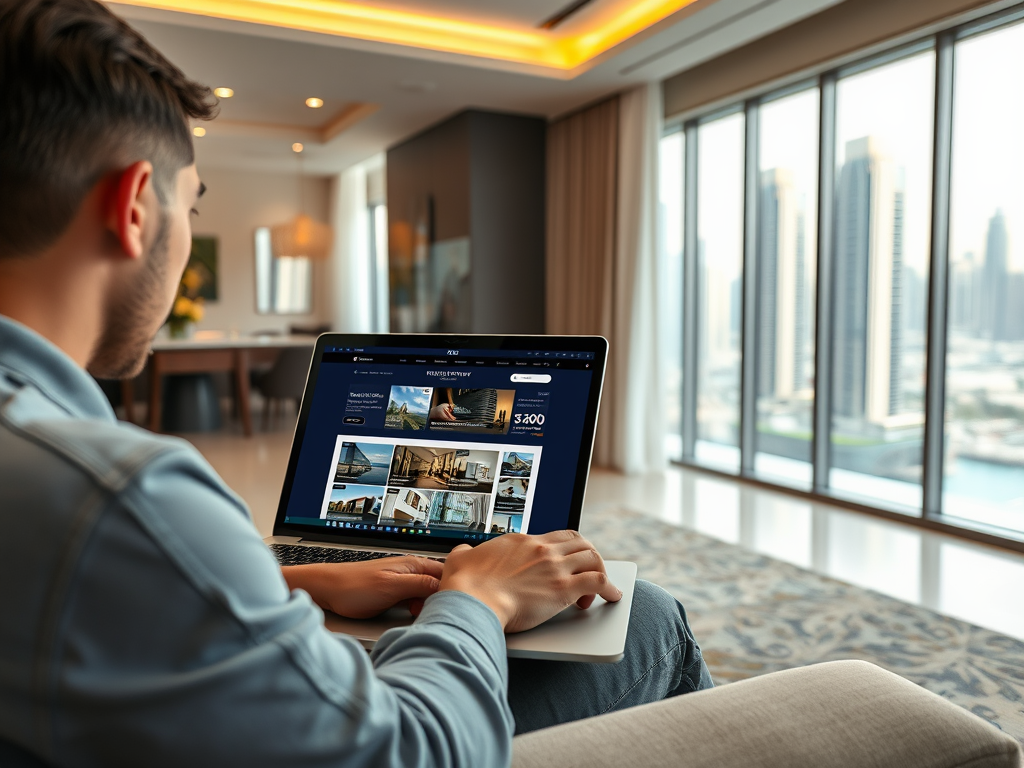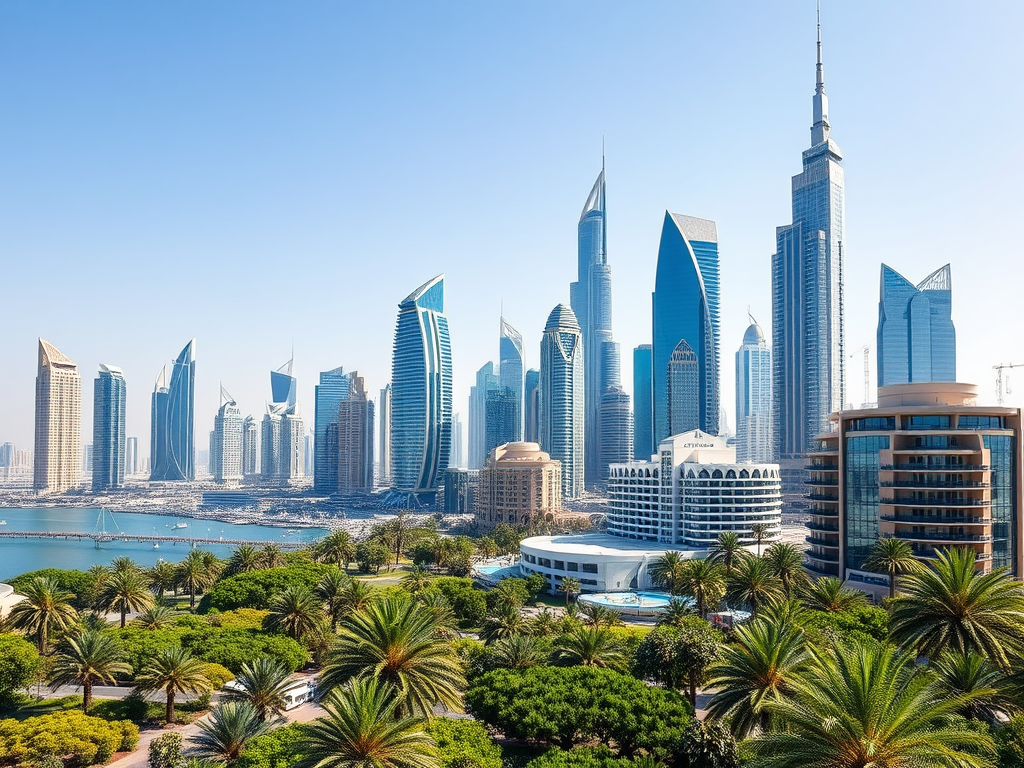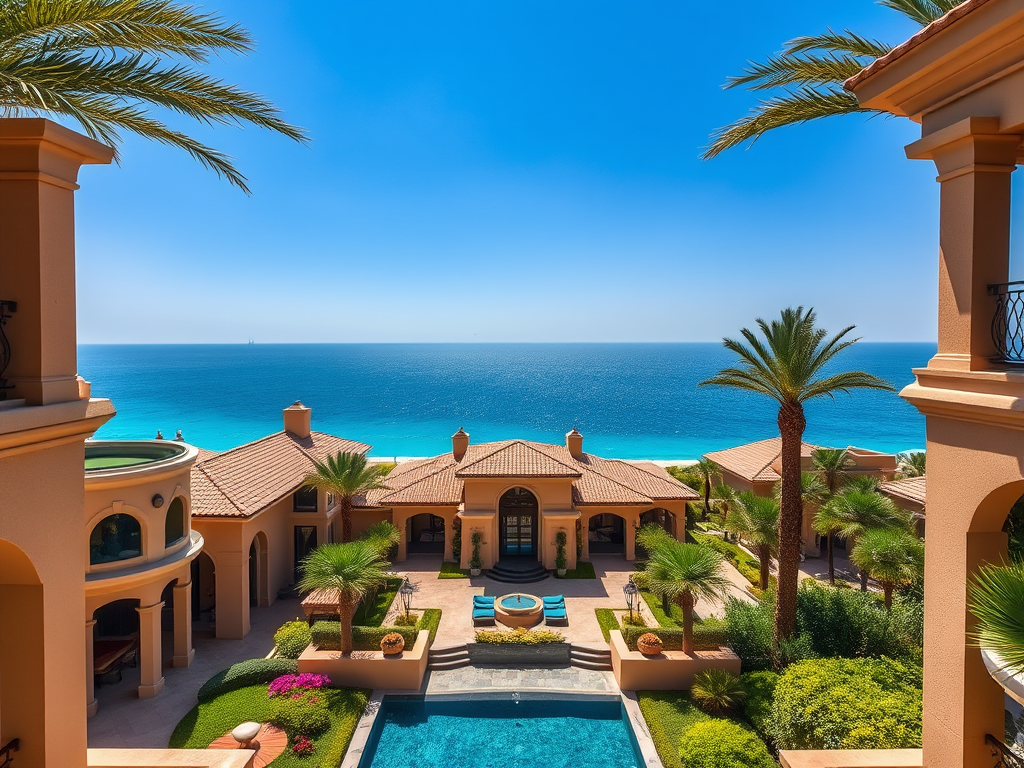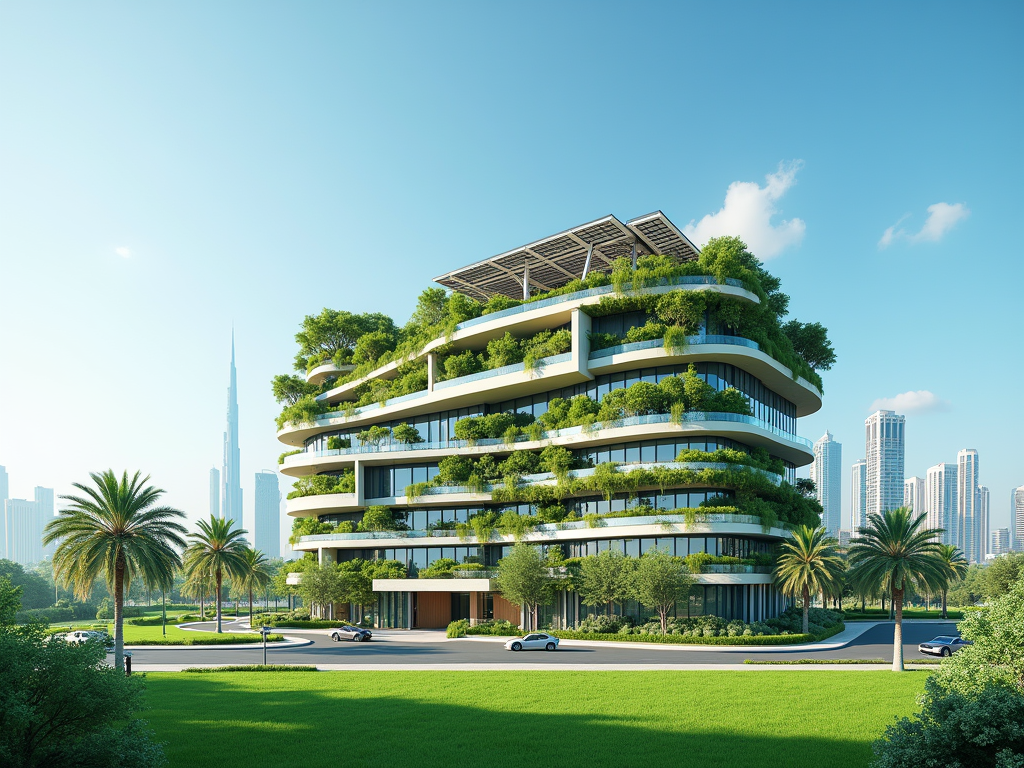
The growing focus on environmental sustainability is dramatically transforming Dubai’s real estate market. As the region shifts towards greener initiatives, developers and investors are increasingly prioritizing eco-friendly practices in construction and property management. This emphasis not only addresses environmental concerns but also meets the rising demands of a conscious buyer demographic. The integration of sustainable design leads to reduced energy consumption, ultimately creating a positive feedback loop for property value and market appeal. In this article, we will explore the various ways environmental sustainability is influencing Dubai’s real estate landscape.
Increasing Demand for Green Properties

In recent years, there has been a noticeable increase in demand for sustainable properties in Dubai. Homebuyers and renters are becoming more discerning about the environmental impact of their choices, leading to a surge in interest in eco-friendly developments. Real estate investors are shouldering the responsibility to create and promote buildings that minimize ecological footprints and utilize renewable resources. Key factors contributing to this trend include:
- Government Initiatives: Dubai’s government has set ambitious sustainability goals, including the Dubai Clean Energy Strategy 2050, aiming to increase the use of clean energy.
- Regulatory Standards: New building codes and regulations are encouraging the adoption of sustainable practices, pushing developers to comply with green building standards.
- Economic Incentives: Financial incentives are offered for developers and businesses that integrate sustainable practices, thus promoting green investments.
- Consumer Awareness: With a growing public awareness about climate change, buyers are opting for sustainable living options.
- International Influence: As Dubai becomes a hub for international businesses, global investors are increasingly interested in sustainable real estate options.
The Role of Technology and Innovation
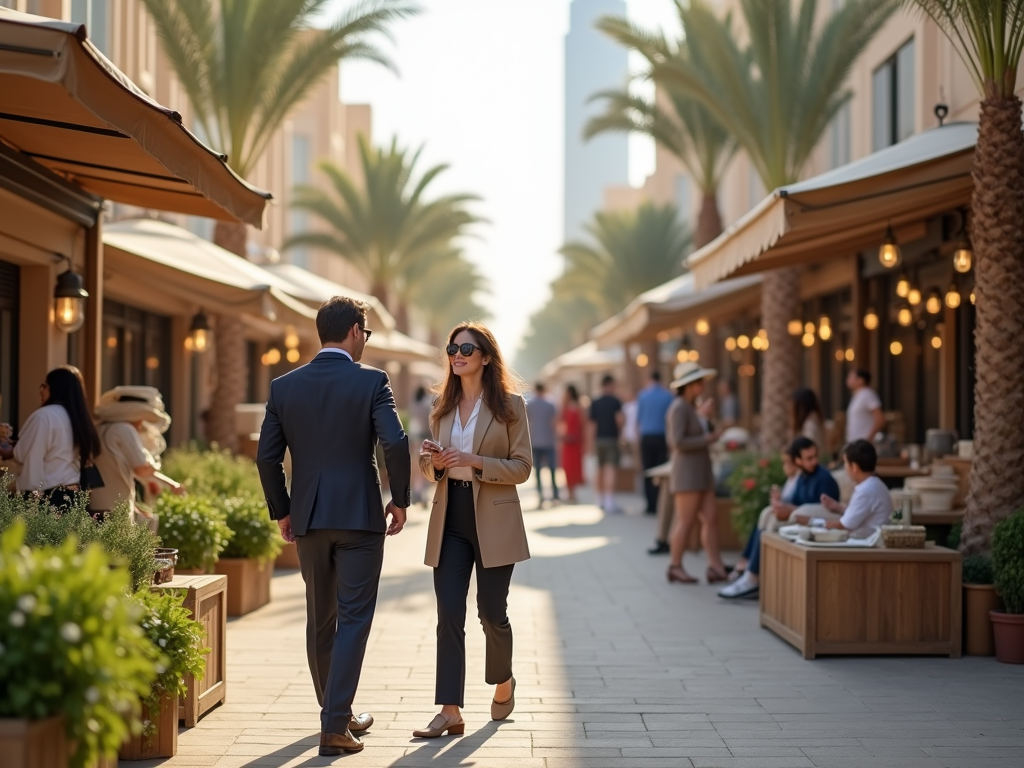
Technology plays a pivotal role in promoting sustainability in Dubai’s real estate sector. Advances in building management systems, smart technologies, and energy-efficient materials are revolutionizing traditional construction practices. Some of the technological innovations making significant impacts include:
- Smart Home Technologies: Integrated home automation systems enable energy efficiency by controlling lighting, heating, and cooling systems to reduce energy waste.
- Green Materials: The use of sustainable building materials, such as recycled steel and renewable wood, enhances the sustainability of new developments.
- Energy Management Systems: These systems help property managers monitor energy consumption, allowing for timely adjustments and efficiencies.
- Water Conservation Technologies: Innovations like greywater recycling and rainwater harvesting systems are now essential in new construction projects.
- Renewable Energy Solutions: Solar panels and wind energy solutions are increasingly integrated into properties, allowing them to operate on renewable energy sources.
Impact on Property Values and Investment
The emphasis on environmental sustainability has a positive spillover effect on property values in Dubai. Eco-friendly buildings often command higher prices due to their operational efficiencies and lower energy costs. Investors increasingly recognize the long-term financial benefits of sustainable developments, leading to greater demand and appreciation of green properties. Moreover, properties built with sustainable practices tend to experience:
- Higher Resale Values: Sustainable properties are capable of commanding a premium in the resale market.
- Lower Operational Costs: Energy-efficient buildings significantly reduce ongoing utility expenses.
- Attractiveness to Tenants: Eco-conscious tenants are often willing to pay more for sustainable living environments.
- Access to Financing Opportunities: Green mortgages and financial products for energy-efficient properties have become more common, increasing financing options for buyers.
While the benefits of environmental sustainability in real estate are immense, challenges remain in its widespread implementation. Developers and stakeholders often encounter hurdles such as:
- Initial Costs: The upfront investment required for sustainable technologies and materials can be higher, which can deter potential developers.
- Market Education: Not all stakeholders have a clear understanding of the financial benefits of sustainability.
- Regulatory Hurdles: Navigating the complexities of regulations related to sustainability can be time-consuming and may require significant adjustments to existing plans.
- Changing Consumer Preferences: Keeping up with rapidly evolving consumer demands can be challenging for developers and marketers.
- Limited Resources: Accessibility to sustainable resources and technologies can be restricted based on geographical and economic factors.
Conclusion
The influence of environmental sustainability on Dubai’s real estate market is profound and growing, demonstrating a clear shift towards greener practices by developers, investors, and consumers alike. As sustainability becomes a foundational aspect of the construction and real estate sectors, it not only enhances property values but also fosters a healthier environment and community. The momentum gained by integrating sustainable development is likely to continue, helping Dubai achieve its ambitious sustainability goals while creating a more resilient real estate landscape.
Frequently Asked Questions
1. What are the key benefits of sustainable real estate development in Dubai?
Key benefits include reduced operational costs, increased property values, attracting eco-conscious buyers or tenants, and compliance with government regulations promoting sustainability.
2. How does technology contribute to environmental sustainability in real estate?
Technology contributes through advanced management systems, smart home features, energy-efficient materials, and renewable energy solutions, all of which enhance overall sustainability.
3. Are there financial incentives for developers pursuing sustainable practices in Dubai?
Yes, the government provides various incentives, such as grants and low-interest loans, to support developers who integrate sustainable practices into their projects.
4. What challenges do developers face in implementing sustainable practices?
Challenges include higher initial costs, market education requirements, regulatory hurdles, rapidly changing consumer preferences, and limited access to resources.
5. How is consumer awareness affecting the real estate market in Dubai?
Growing consumer awareness about environmental issues leads to increased demand for sustainable properties, compelling developers to adopt eco-friendly practices to remain competitive.
